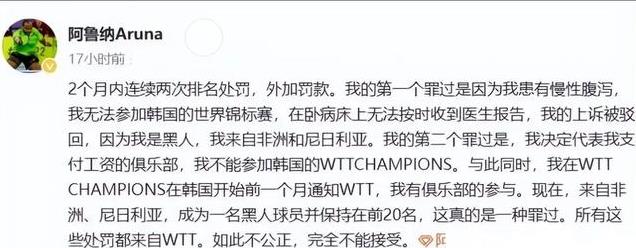In the world of professional athletes, finding a balance between competition pressure and physical health is akin to walking on a tightrope, where one misstep could lead to disaster. This is especially true for table tennis players, who face the challenges of commercialization and significant prize money disparities. Did you know that top players like Fan Zhendong and Chen Meng have had to take a temporary break to "rest and recuperate"? What lies behind this decision? Let's delve into the story!

For professional athletes, how to find a balance between physical health and competition pressure is a challenge they must confront. It is obvious that if an athlete remains in high-intensity training and competition for an extended period, their physical functions will rapidly decline. They are like machines running at full capacity, with a significantly increased likelihood of failure. On the other hand, if the training intensity is insufficient, it becomes difficult for athletes to maintain peak performance during competitions, which can lead to a decline in technical proficiency and impact the development of their careers. Finding the right balance between these two extremes is a question all athletes must ponder.
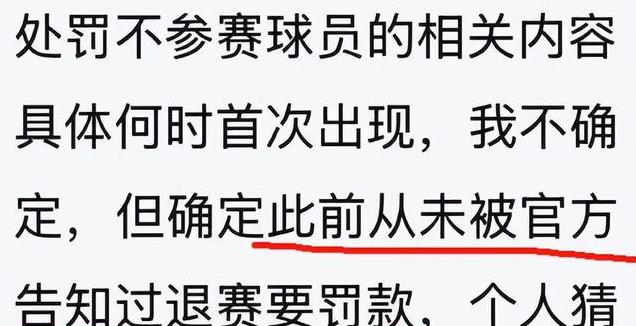
Professional table tennis competitions have entered a highly commercialized phase. The WTT (World Table Tennis) as a professional league has achieved ticket sales of nearly 60 million yuan, with the commercial interests of event organizers growing day by day. While professional competitions provide athletes with a platform to showcase themselves, they also bring immense pressure. The disparity in prize money distribution between table tennis and tennis players is particularly alarming.
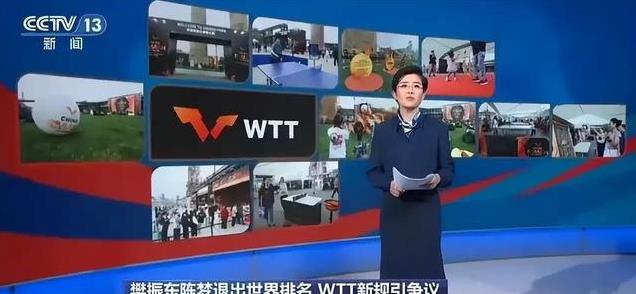
According to public information, the champion's prize money for the four Grand Slam tennis events is as high as 2 million USD (approximately 14 million yuan), while the WTT champion's prize money is only 100,000 USD (about 700,000 yuan). Such a gap is almost impossible to ignore. Even top players like Fan Zhendong and Chen Meng find it challenging to sustain their careers through competition winnings alone.
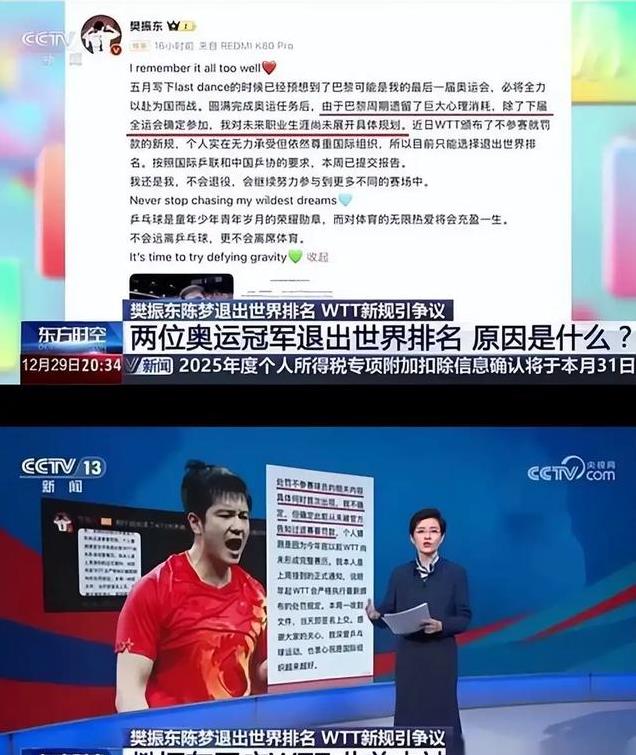
In such circumstances, athletes must consider alternative paths. Both Fan Zhendong and Chen Meng, Olympic champions of the national table tennis team, have chosen to take a temporary break to recover their physical functions so that they can continue to compete for national glory in future events.
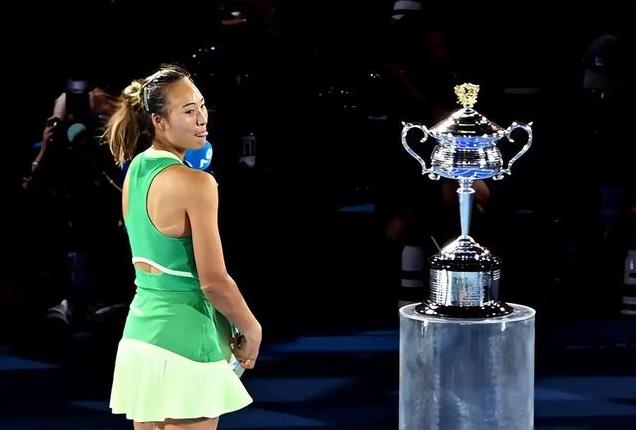
Public and media attention is crucial at this juncture. Only when everyone discusses this issue will event organizers feel the pressure to improve the rules and protect the rights of athletes.
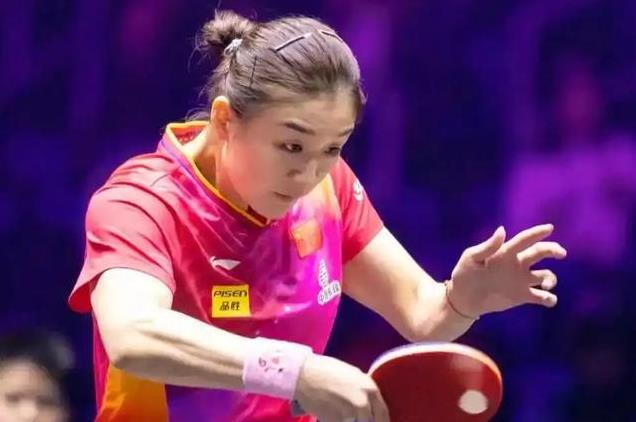
Liu Guoliang's response may prompt improvements in tournament regulations
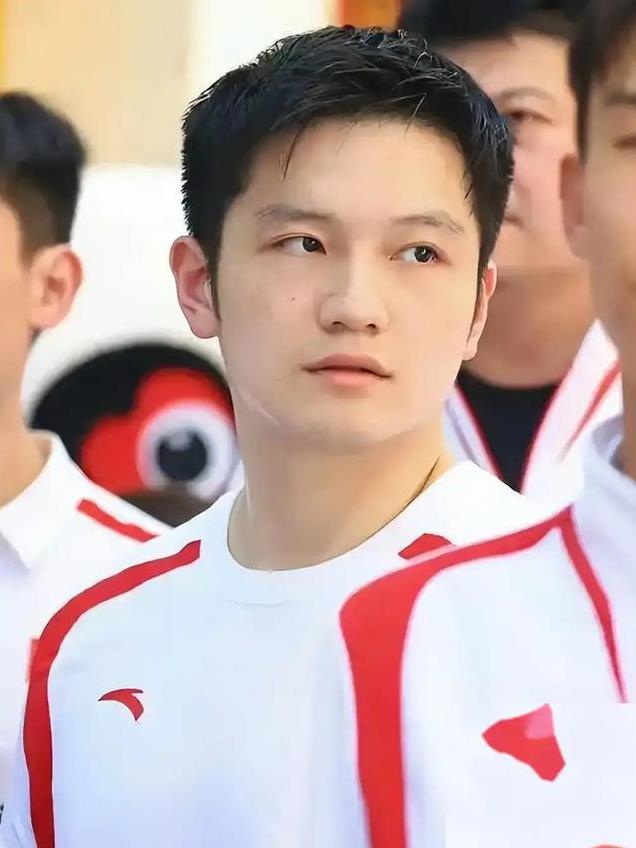
As early as April, table tennis star Aruna openly stated that WTT's penalties against athletes were very unfair, as fines were imposed for not participating due to illness. Although the event organizers explained that this was to ensure fairness in competition, many people found this explanation unconvincing. Aruna was not the only athlete to speak out; numerous table tennis players expressed their dissatisfaction with WTT on social media.
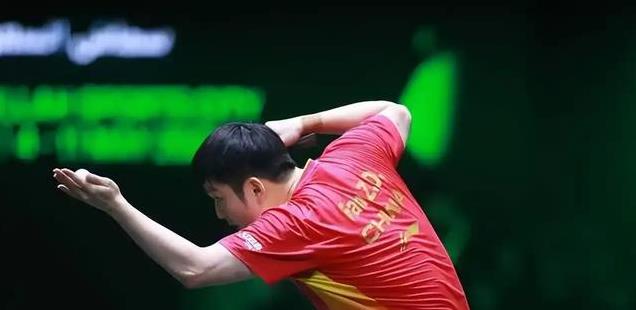
The central media conducted a detailed investigation into this incident. Reporters openly supported the athletes and bluntly stated that there were problems with WTT's rules. If the event organizers do not make improvements, they stand to lose not just individual athletes but also the attention and influence of the entire table tennis market.

With the escalation of public opinion, WTT had to re-examine its rules, and some unreasonable aspects began to be rectified. In the future, more voices from athletes might be heard, giving them greater say in the formulation and revision of rules, which would be beneficial for the development of table tennis as a whole.
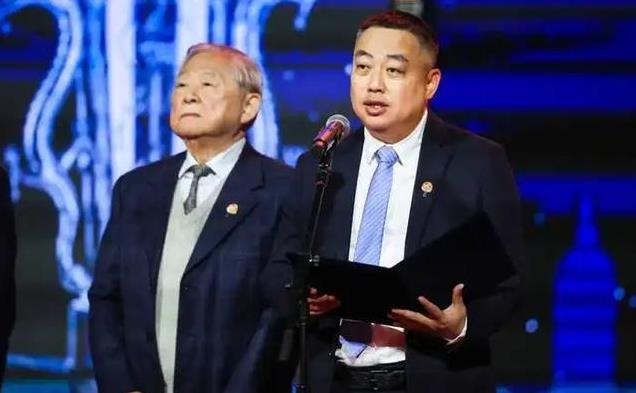
As the chairman of the Eastern Great Nation Table Tennis Association, Liu Guoliang previously served as the director-chairman of WTT. He could have used his power to speak up for the athletes, but no significant improvements were observed. Even after resigning from his position as WTT director-chairman, Liu Guoliang stated that he would continue to pay attention to the rights of table tennis athletes and do his best to improve the current situation.
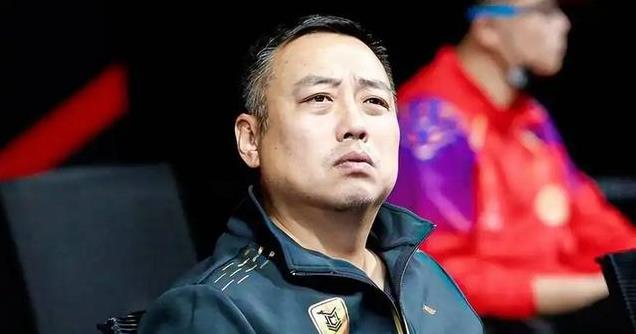
Liu Guoliang has led the Eastern Great Nation table tennis team to participate in international events multiple times. He is well aware of the pressures faced by top athletes and the injustices they encounter. If even Olympic champions have to choose to withdraw, how can the entire table tennis world continue to develop? Liu Guoliang's voice could become a turning point in the entire incident. He proposes involving athletes in the formulation of tournament rules, which can enhance their sense of participation and belonging while also safeguarding their rights.
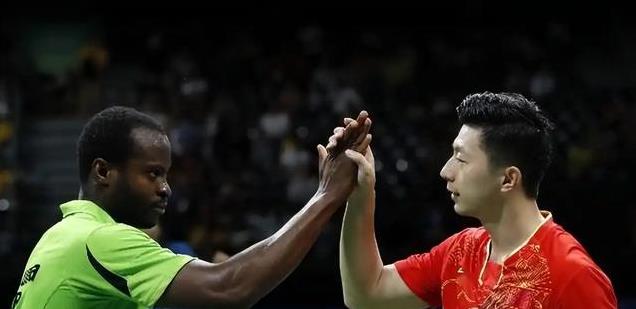
Conclusion

The living environment for professional athletes is becoming increasingly challenging, especially in the face of unfair prize money and rules. Their voices are particularly important. Perhaps Liu Guoliang's voice can bring new hope for change. Should we also speak up for these athletes and pay attention to their rights? Welcome to share your thoughts in the comment section, and don't forget to like this post!
